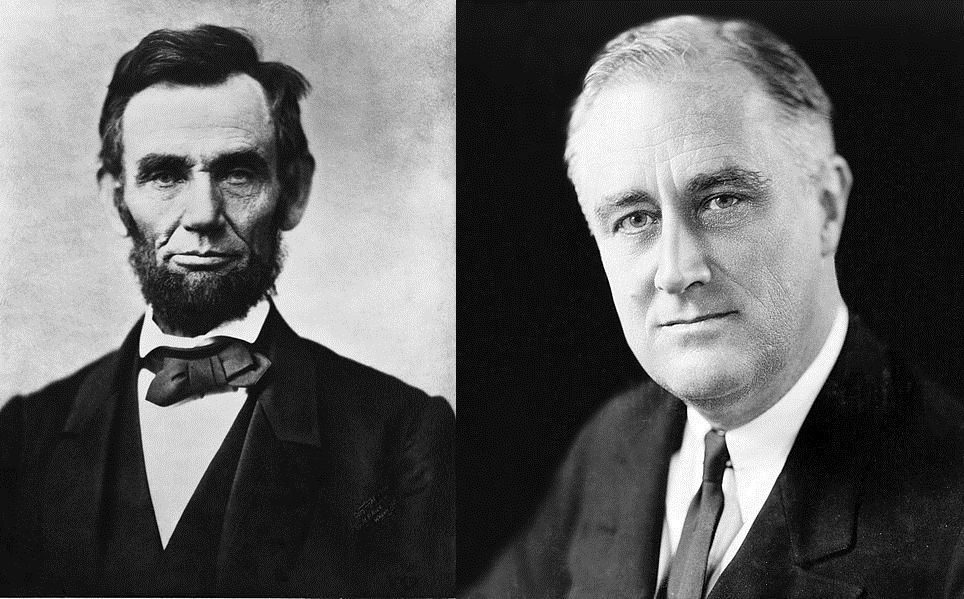I'm trying to wrap my head around the difference between a republic and a democracy.
As I understand it a simple democracy is that majority rules. A majority vote in Canada can ban something even if an individual has a need for it.
In a democratic republic some things are voted on but certain rights are enshrined in a constitution and even if every last citizen wanted to ban guns, marijuana or a particular religion it can't happen. It's almost like Harley Davidson. It has to be an air cooled V twin, not subject to change. You can tweak things but not change them.
Religion is a tricky one in that there is a ton of money to be made especially if you can get a TV show. I'm not sure about the difference between Canada and the USA. I was under the impression that in Canada only the church building was tax exempt but in the USA just about everything in the name of the church was exempt, hence the church owning $57 million dollar private jets and 10,000 square foot mansions.
The benefit of a simple democracy is that the tail can't wag the dog.
The benefit of a republic is that even a tiny minority can't be shoved around, theoretically.
Comments?
Any clarifications / comments?
As I understand it a simple democracy is that majority rules. A majority vote in Canada can ban something even if an individual has a need for it.
In a democratic republic some things are voted on but certain rights are enshrined in a constitution and even if every last citizen wanted to ban guns, marijuana or a particular religion it can't happen. It's almost like Harley Davidson. It has to be an air cooled V twin, not subject to change. You can tweak things but not change them.
Religion is a tricky one in that there is a ton of money to be made especially if you can get a TV show. I'm not sure about the difference between Canada and the USA. I was under the impression that in Canada only the church building was tax exempt but in the USA just about everything in the name of the church was exempt, hence the church owning $57 million dollar private jets and 10,000 square foot mansions.
The benefit of a simple democracy is that the tail can't wag the dog.
The benefit of a republic is that even a tiny minority can't be shoved around, theoretically.
Comments?
Any clarifications / comments?
















